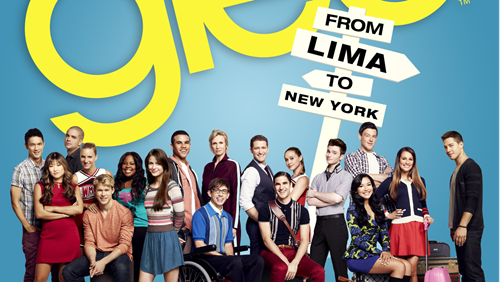
‘Glee’ was set in Lima, and then it was set in Lima and New York, and then it was set in New York, and now, for its final, thirteen-episode season, it’s moving back to Lima. The most important thing, though, is that it’s finally going to end.
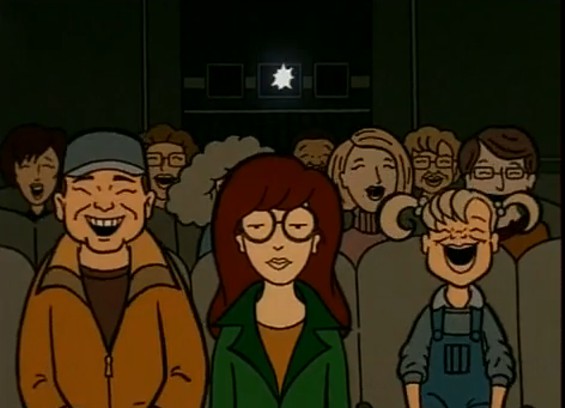
It’s been more than 12 years since ‘Daria’ ended and it’s still in public consciousness. The beloved MTV series and its heroine frequently end up lists of best TV shows, cult shows, favourite female characters and 90s nostalgia. Music licensing issues that held up home video releases for years, ended in 2010, when a DVD set with the series’ entire run of 65 episodes and two TV movies was released. And last year, College Humor produced a fake trailer for a live-action movie starring Aubrey Plaza. In today’s media landscape, where cancelation no longer means the end of a series, Daria is often one internet commentators beg for more of. And yet, the memory most people seem to have of Daria as a character isn’t quite right.
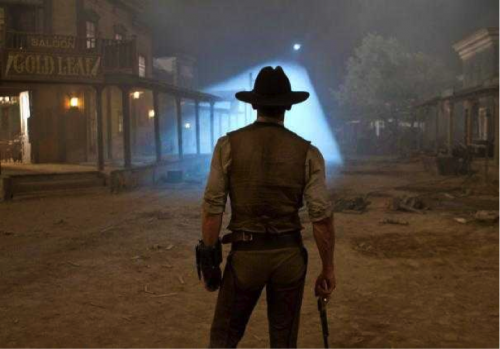
So maybe what had looked like a trend toward marginalizing rape survivors was actually a move toward bringing them into the fold of the American action hero? This is a move that discloses a terrible truth about the handling of rape cases in our legal system, but can be viewed as a genuine attempt to find a way to make the cowboy narrative, and the catharsis that comes with it, available and relevant to survivors of rape.
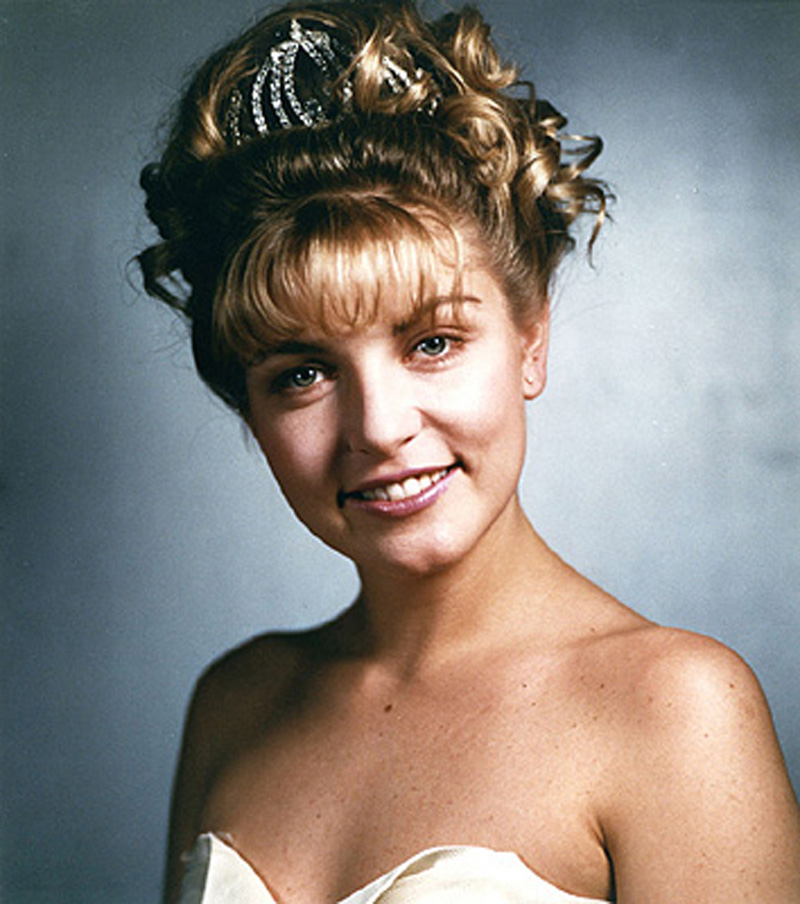
More often than not, the victim of violent crime in film and TV is a woman. With your average procedural, almost every episode features a woman who has been raped or one who has been raped and murdered. In real life, women are disproportionately the victims of violent crimes and these stories increase awareness of the physical and psychological aftermath faced by these women, their friends and family and society.
However, by positioning a narrative to begin with the victim already dead and voiceless, she is only that, a victim in the story, never allowed to become a person.
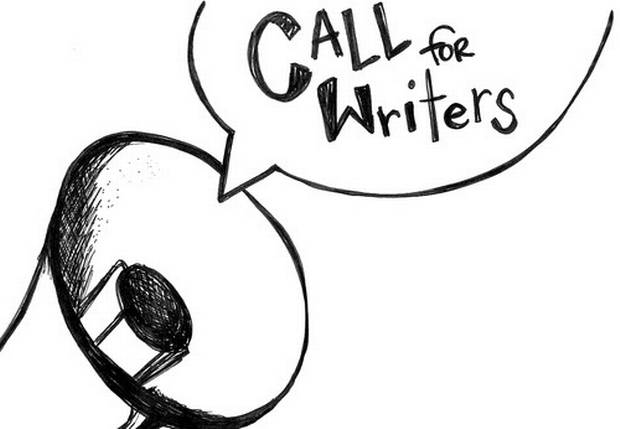
Rape revenge fantasies form a niche that has the ability to empower rape survivors by giving the story a twist that is rarely enacted in the real world. In these films, those who are made helpless, their humanity called into question, take control, fight back, and make their abusers pay for their crimes.

Check out what we’ve been reading this week–and let us know what you’ve been reading/writing in the comments!
# The 100 3rd Rock from the Sun 30 Rock 2 Broke Girls A Ackee & Saltfish Adventure Time Agent Carter Agents of S.H.I.E.L.D. Alias All-American Girl Ally McBeal Alphas American Crime American Horror Story American Horror Story: Asylum American Horror Story: Coven American Ninja Warrior The Americans Angel Anne of Green Gables Archer The … Continue reading “TV Directory”

Check out all of the posts for Child and Teenage Girl Protagonists Theme Week here.

I was surprised by Disney’s latest animated film “Frozen”. I was sure it was going to feed us Disney’s standard company line about princesses and marriage and girls needing to be rescued all the time. I was wrong. Though the film still showcases impossibly thin, rich, white girls who are princesses, this isn’t a story about romantic love or some dude rescuing a damsel in distress. “Frozen” is a story about sisterhood and the power that exists inside young women.

We thought it might be a fun note to end the year on, with the exploration of films like Harry Potter and Matilda, while also taking a closer, more serious look at portrayals of adolescence and girlhood in films and TV. Some questions to think about include, what are Hollywood’s expectations of girls and teenage girls in films and TV? And how do those expectations feed into the public’s acceptance of a teenage girl’s sexuality, for instance. Further, how might a girl character impact a young girl who’s viewing her on screen?
# 50/50 5 Broken Cameras 500 Days of Summer 45 Years The 40-Year-Old Virgin 4 Months 3 Weeks and 2 Days 9 to 5 1971 101 Dalmations 127 Hours 10 Days in a Madhouse 10,000 km 3 1/2 Minutes, Ten Bullets 300: Rise of an Empire 12 Years a Slave 28 Days Later A Abuse … Continue reading “Film Directory”
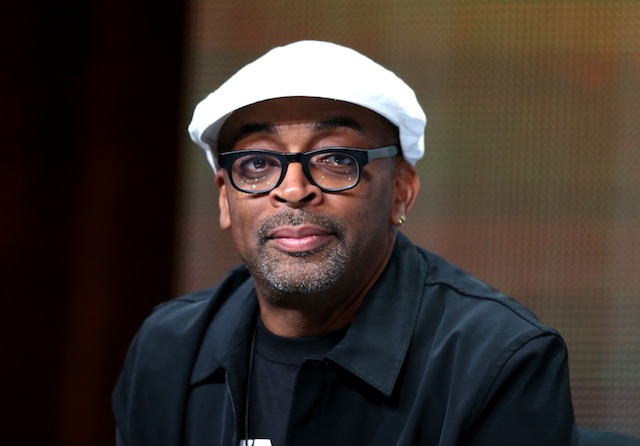
Filmmaker Spike Lee Written by Robin Hitchcock Any list of the “greatest” “essential” “best” “definitive” films (or books/tv shows/albums/Got Milk? ads/insert your pop cultural poison) is going to have its detractors. The controversy that inevitably follows these lists is a big part of the reason we make them in the first place. Dissecting a … Continue reading “Spike Lee’s "Essential Films": More Annoying Than Your Average List”









